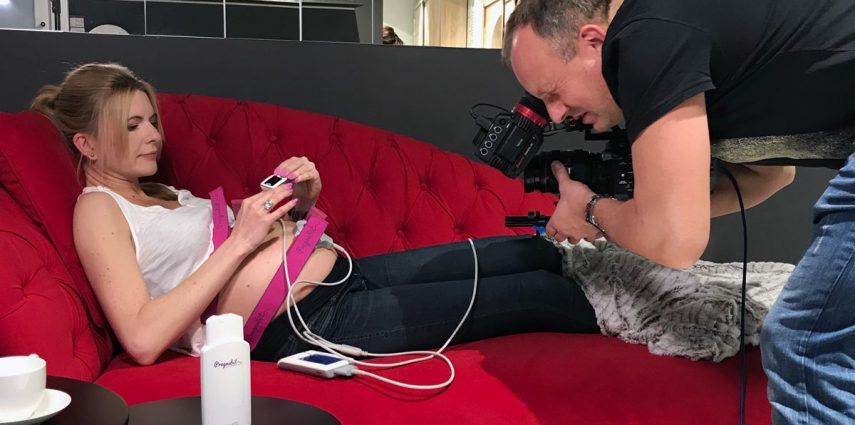“Effective and consistent efforts as well as courage to implement an original business concept and the introduction of an innovative solution into the market” – that is how the Marshal Office of the Lower Silesia Province justified the nomination of Patrycja Wizińska-Socha, CEO at Nestmedic, for the Jan Wejchert Award of the Polish Business Roundtable.
The local government officials nominated the CEO of the Wrocław-based company in the category of “Vision and innovations”. Patrycja Wizińska-Socha is a person fully determined to reach her goals and the best proof of that is Pregnabit, a certified medical product offered along with the service of the Telemonitoring Medical Centre.. The firmness of purpose and hard work of Patrycja Wizińska-Socha have already earned her numerous awards and recognition, say the representatives of the Marshal Office.
The award of the Polish Business Roundtable is one of the most prestigious distinctions in Poland. It is received by people whose innovative concepts and visions make the world a better place.
We recognise personalities who use their drive and business acumen to break the mould, create new standards and set trends. It is an award for the people of tomorrow who shape our future today, say the members of the jury. Last year, the award was granted to Professor Krystian Jażdżewski together with the team of physicians and scientists from the Centre of New Technologies at the University of Warsaw and from the University’s spin-off, Warsaw Genomics, for developing the methodology of the most advanced genetic tests based on genome sequencing. This year’s winners will be announced on 21 May at the award ceremony. More information at http://nagrodaprb.pl/
29 Jan 2018
Patrycja Wizińska-Socha nominated for the Award of the Polish Business Roundtable

